Many in the West were initially introduced to feng shui which was based on the bagua concept. Analysis was done by superimposing a bagua diagram onto a house floor plan.
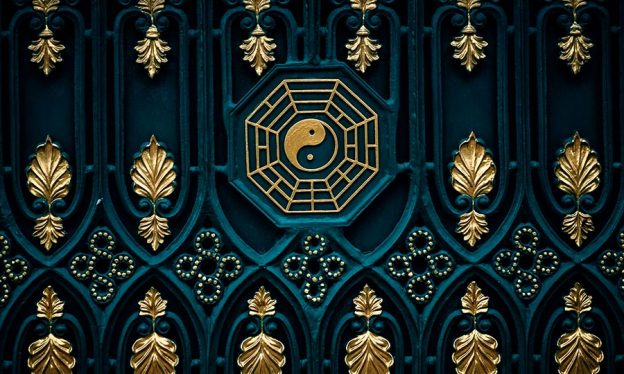


Many in the West were initially introduced to feng shui which was based on the bagua concept. Analysis was done by superimposing a bagua diagram onto a house floor plan.
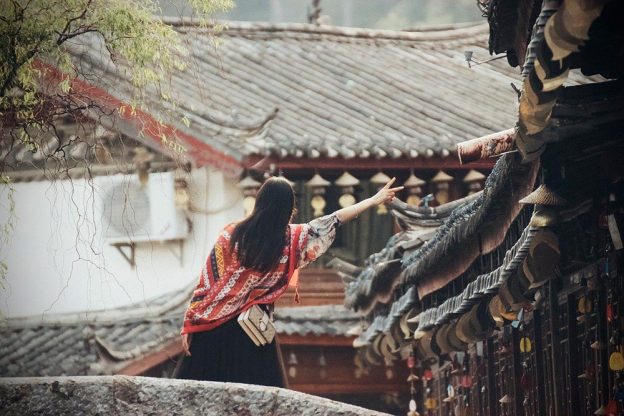
Traditionally there are two schools of Feng Shui thoughts in China: the Form School and the Compass School. The Form School often referred to as the Landscape School is the most traditional feng shui school. It focuses on assessing qi energy from the form of the landscape pattern as well as the form of man-made buildings.
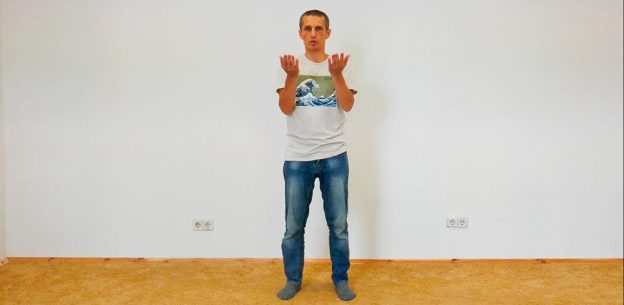
Doctor Hsu teached us the method of Qigong Tapping which helps to improve health, become stronger and more energetic. Please watch the demonstration of this effecetive health complex by Taras Lytvyn, Blue Mountain Institute consultant.

Chi, the very essence of the universe, manifests in three aspects: as matter, as energy, and as information.
In China, the idea of Chi-Energy permeates everyday living. Without the word Chi (氣) many common Chinese phrases
could not exist.

The book “Feng Shui: Truths, Myths & Misconceptions” written by Dr Shan-Tung Hsu and Jenny Nakao Hones is now live on Amazon. Special offer for e-book will be on April 30, 2022: You can buy the e-book for $1.00.
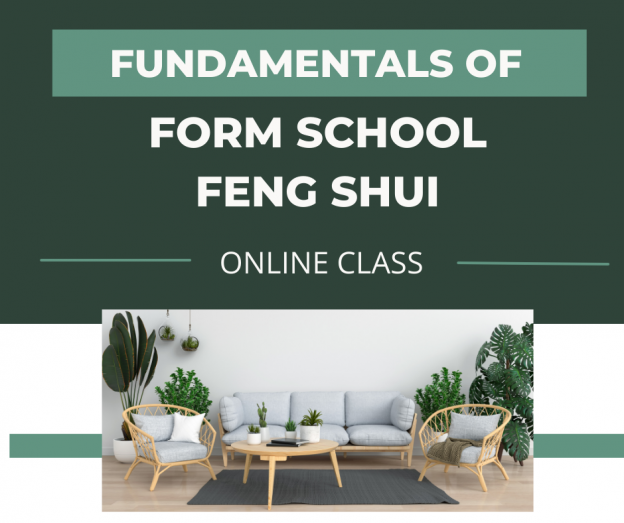
We are pleased to announce New Feng Shui Classes this Sping. Jenny Nakao Hones will offer two classes online: on April 28, and May 21, 2022.

Dear Friends,
Best wishes for the Year of Tiger 2022, may it brings you Peace, Happiness and Prosperity.
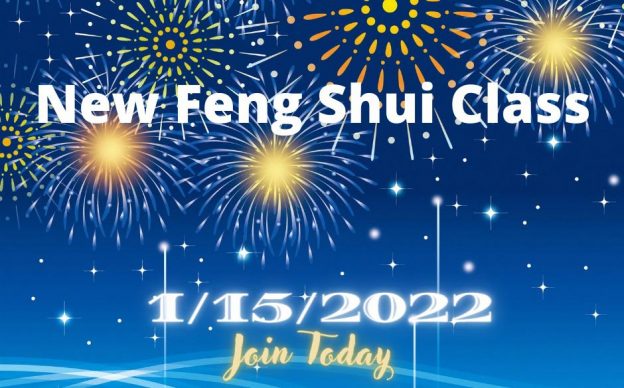
Start the New Year with New ENERGY. Let’s make 2022 the best year ever!
Online Fundamentals of Form School Feng Shui Class by Jenny Nakao Hones.
Continue reading

Love between men and women is just one of the forms taken by the relationship of Yin and Yang.
Since Yin and Yang exist in everything in the universe, the Feng Shui point of view sees Yin-Yang relationships as occurring not just among human beings, or among animals, or even only among living beings, but among all entities, at every level.

Dear Friends and Family,
Hey, I’m excited to announce my book, “How to Find a Good Feng Shui House” is just out!
What’s it about?